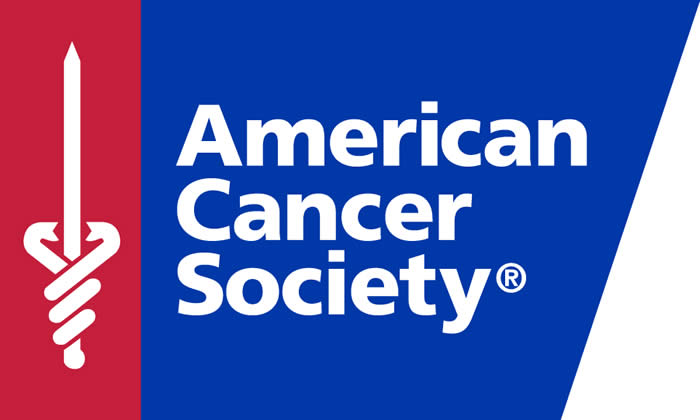Study Looks at Cancer Rates in World Trade Center Responders
By David Sampson
A new report concludes that early responders to the World Trade Center terrorist attack have an increased incidence of prostate and thyroid cancers and multiple myeloma. The report appears in the December 19 issue of JAMA. The authors caution that it is not clear how much medical screening and other risk factors not associated with exposure contributed to these increases.
Importantly, the authors did not find a statistically significant increased incidence for all cancer sites combined, and note that the findings on the three cancers that did increase should be viewed with caution for several reasons, including that they were based on a small number of cancers, multiple comparisons, and a relatively short follow-up time.
The Federal government recently added 58 types of cancer to the list of covered illnesses for people who were exposed to toxins at the site of the World Trade Center in the aftermath of the September 11 attacks. The move came after a report from the Science/Technical Advisory Committee (STAC) for the CDC’s World Trade Center Health Program , created by Congress to provide medical services and compensation for first responders working at ground zero.
Elizabeth Ward, Ph.D., national vice president, intramural research at the American Cancer Society serves as chair of the STAC, and says although the study is reassuring, it’s too early to make solid conclusions.
"This paper reports the results of a study of rescue and recovery workers at the World Trade Center site and others who were potentially exposed to contaminants from the collapse to see if they were at greater risk of developing cancer than the general population. The study did not find an increase in the overall risk of cancer in the study population. While the overall risk of developing any cancer was about 1.14 times higher in the rescue/recovery workers, this was not statistically significant.
“There were a small number of cancer types that did show up more frequently among rescue/recovery workers. Those were prostate, thyroid, and multiple myeloma. Increases in prostate and thyroid cancer incidence may be due to more frequent screening or health examinations, but these factors could not be directly examined in this study. The researchers also found a higher rate of hematologic cancers in rescue/recovery workers who had intermediate and high exposure, but again, that increase was not statistically significant.
Read more here.

